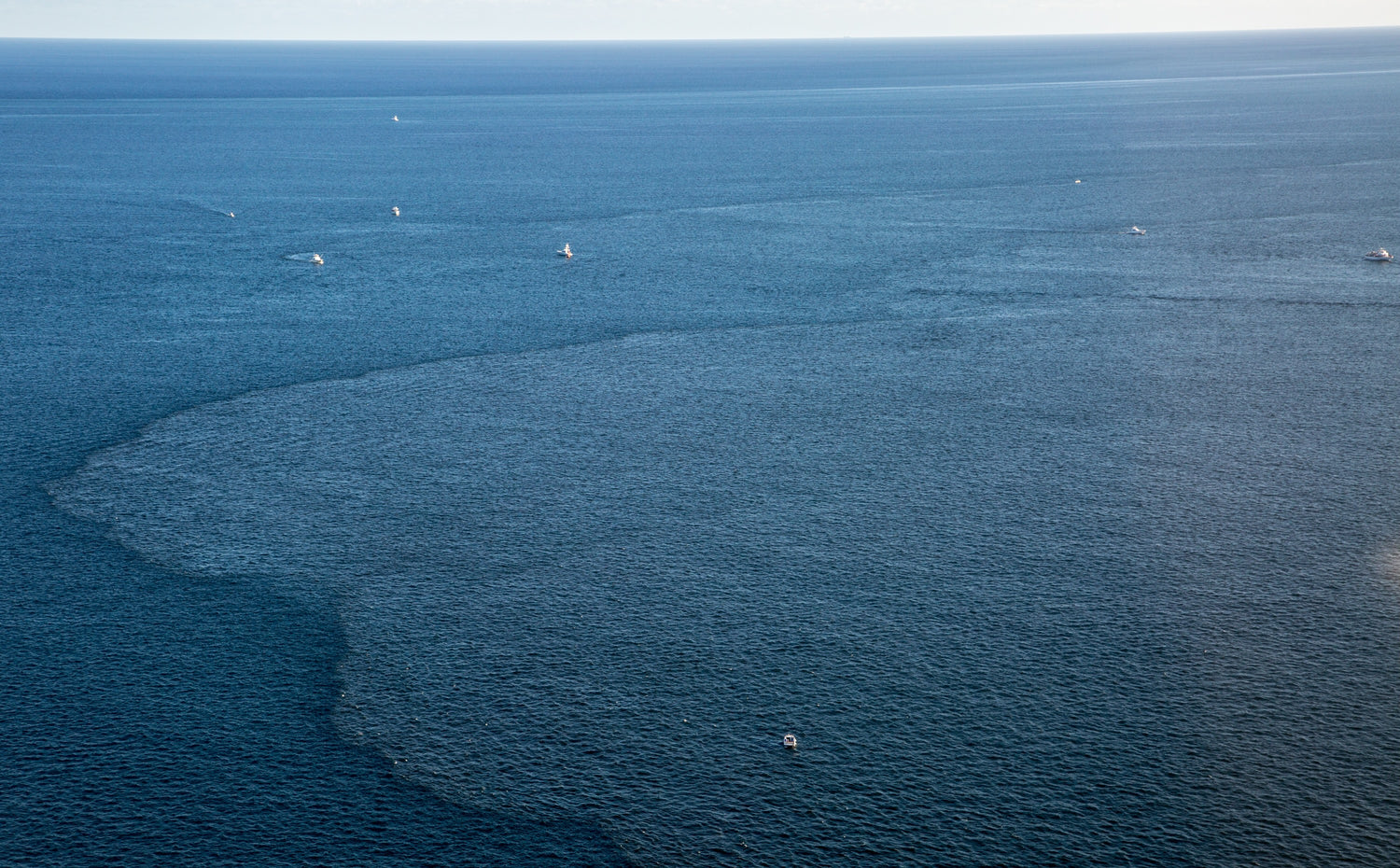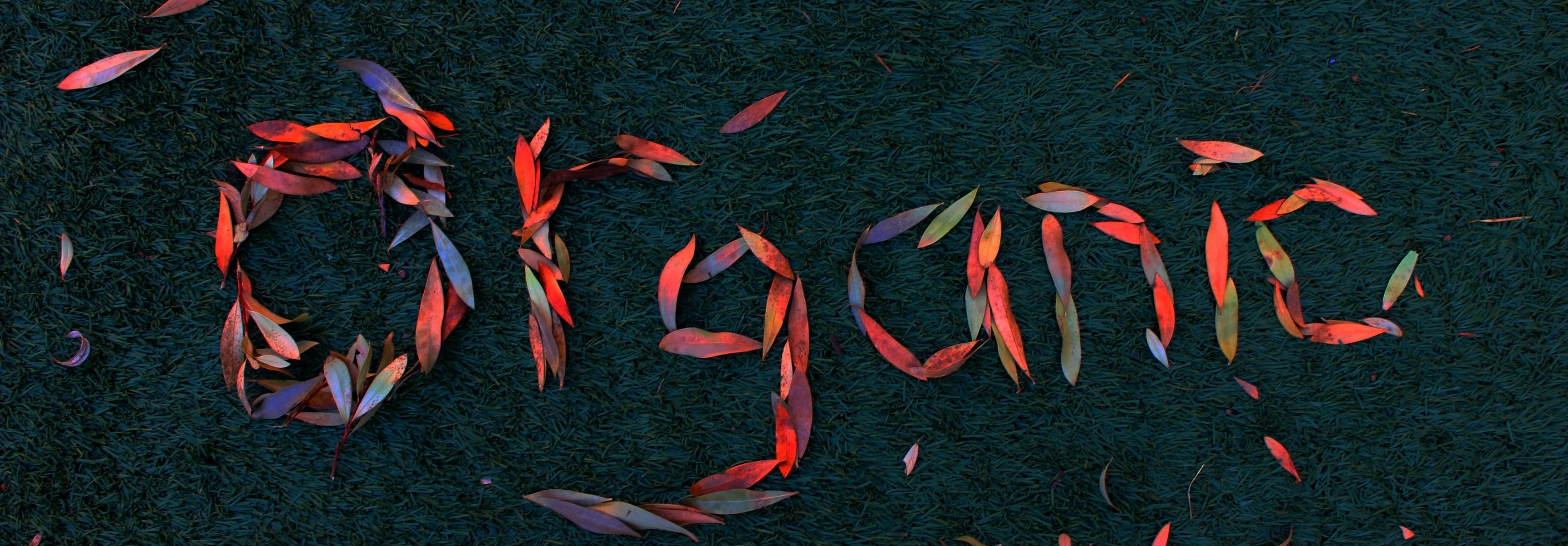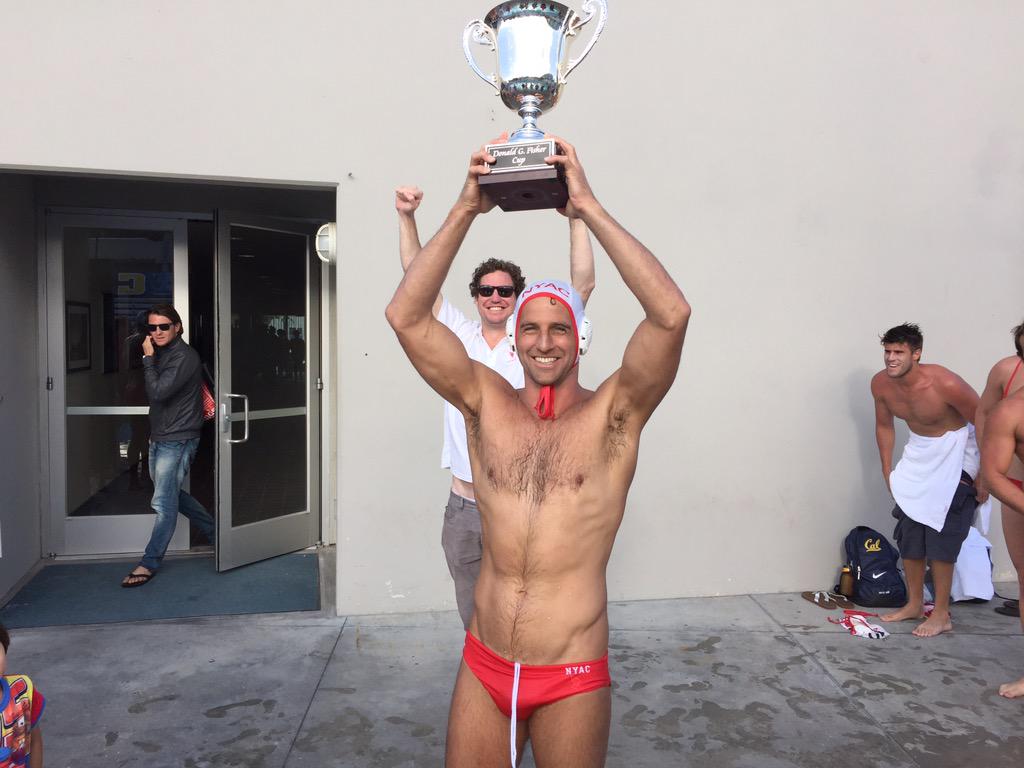Insecticides, herbicides, and fungicides are used to kill agricultural pests. These chemicals can enter and contaminate water through direct application, runoff, and atmospheric deposition. They can poison fish and wildlife, contaminate food sources, and destroy the habitat that animals use for protective cover. One of the most scary effects from pesticides is that they interfere with coral reproduction and growth. We had the opportunity to speak with ocean photographer, Joseph Yerkovich (@jay_depth_photography), who lives in Florida and Costa Rica.

Opok: You’ve seen the first hand devastation of toxic pollution and pesticide runoff. What is your take on pesticides and manufacturing runoff?
Joseph: Being an ocean photographer I try to illuminate the good and bad things that are happening in the ocean. I have been lucky enough to swim with pods of thousands of spinner dolphins, dive with whales and see other amazing things. But we are also seeing massive reef die-offs from pollution and climate change. One of the worst harm to Florida’s wildlife is the annual toxic algae blooms that occur from a number of agriculture factors, namely pesticide and fertilizer runoff from farms like the sugarcane plantations. I’ve been up in choppers and planes and you can visibly see the polluted waters and algae blooms. It’s decimating the wildlife population. Thousands of fish and manatees die every year from this. It’s terrible and it is happening all over the world. Large farms spray their crops with pesticides and fertilizers, and it makes its way into waterways that ultimately end up in the ocean destroying reefs and aquatic life.

Photo by @jay_depth_photography showing the toxic pesticide runoff and algae blooms off the Florida coast.
Opok: Have you noticed any significant changes in the health of our oceans?
Joseph: There so many areas in Costa Rica that are still pristine due to human inactivity and conservation efforts. Costa Rica is all about sustainability and has so much biodiversity, which is amazing to shoot. However, there are many places in Florida where the reefs are completely decimated. I have done projects in South Florida and the Florida Keys, where the soft corals and even human planted coral farms have completely died off in a matter of months. The reefs look like graveyards. Climate change and ocean acidification are definitely contributors, but it’s also the pollution and overuse of pesticides. No one thinks of the downstream effects of agriculture and consumer products and how toxic they are to the environment. I love what Opok is doing in creating sustainable products that are safe for the environment and consumer. If only large corporations can see the devastating effects that their farms, plants, and facilities are causing to the environment.
Opok: What’s next for you? Your pictures on instagram are amazing! We hope our audience follows you and your journey.
Joseph: Covid-19 has definitely caused delays in my goals, but I plan to continue to take pictures to show the world about wildlife and sustainable ways of fishing. My goals are to open ecotourism attractions in Costa Rica to help the world see the beauty of this country.
You can follow Joseph on instagram at @jay_depth_photography.




Leave a comment
This site is protected by hCaptcha and the hCaptcha Privacy Policy and Terms of Service apply.